Category: Brain
-

Skin biopsy could detect Alzheimer’s, Parkinson’s
University of San Luis Potosi‘s Ildefonso Rodriguez-Leyva is developing a skin test for Parkinson’s and Alzheimer’s diseases that detects elevated levels of characteristic proteins. Based on the hypothesis that that skin is essentially the same as brain tissue, originating from the same source during fetal development, the test might identify biomarkers to help diagnose the diseases…
-
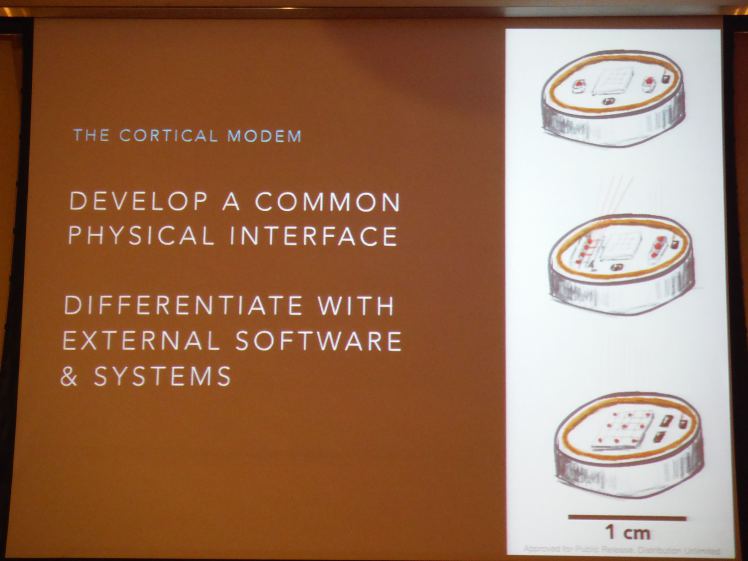
Implant could direct images to visual cortex, restore sight
DARPA is in the early stages of developing a “cortical modem” which would enable a simple visual display via a direct interface to the visual cortex. Its projected cost is 10 US Dollars. The project lead is Dr Phillip Alvelda. It was built on Karl Deisseroth‘s optogenetics research — studying and controlling specified cells within living…
-
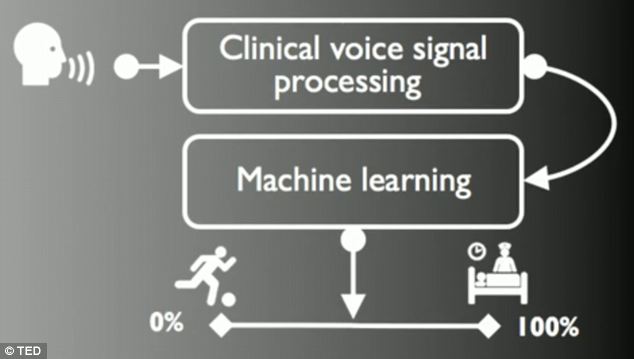
Smartphone tests detect Parkinson’s
In a recent study, MIT Media Lab‘s Max Little used machine learning tools to indicate early Parkinson’s Disease in a group of smartphone users. Phones were given to Parkinson’s patients and a healthy control group. The built in accelerometer enabled Little to distinguish between those with and with out the disease with 99% accuracy. The detection method relied…
-
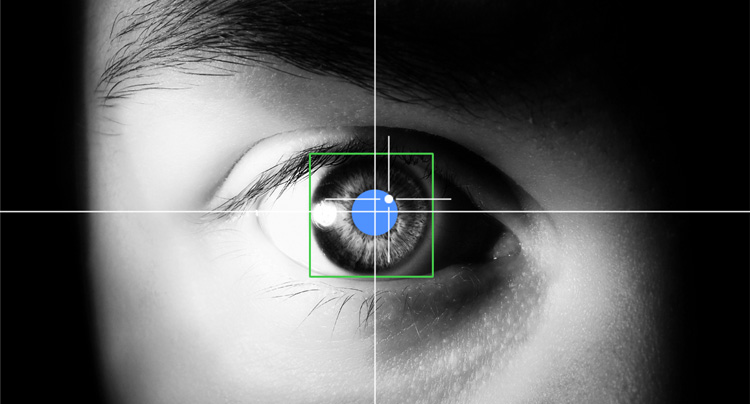
Eye tracking measures brain injury severity
NYU‘s Uzma Samadan has developed an eye tracking device that measures the severity of concussion or brain injury. This simple, inexpensive technology could improve the speed and accuracy of TBI diagnosis. Researchers compared 64 healthy control subjects to 75 trauma patients at Bellevue Hospital. Pupil movement was tracked for 200 seconds while patients watched a music…
-
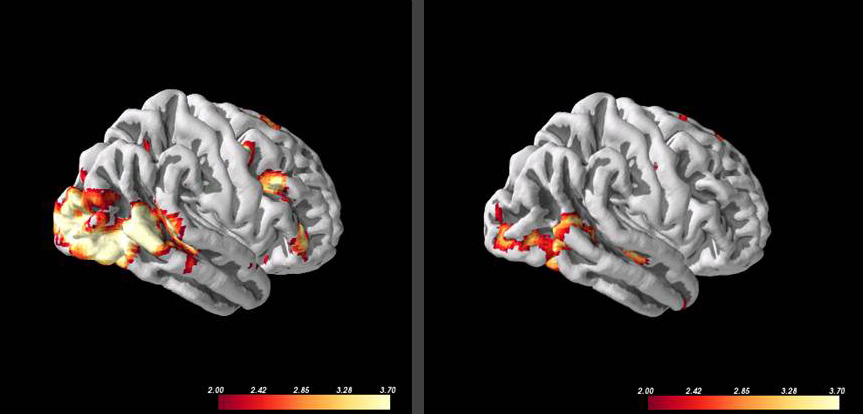
Brain scans for customized treatment
MIT‘s John Gabrieli is investigating the use of neuroimaging to predict future behavior to customize brain health treatments. Professor Gabrieli believes that neuromarkers, determined by fMRI, can be used to develop personalized interventions to improve education, health, addiction, criminal behavior and to analyze responses to drug or behavioral treatments. According to Gabrieli, “Presently, we often wait for failure,…
-
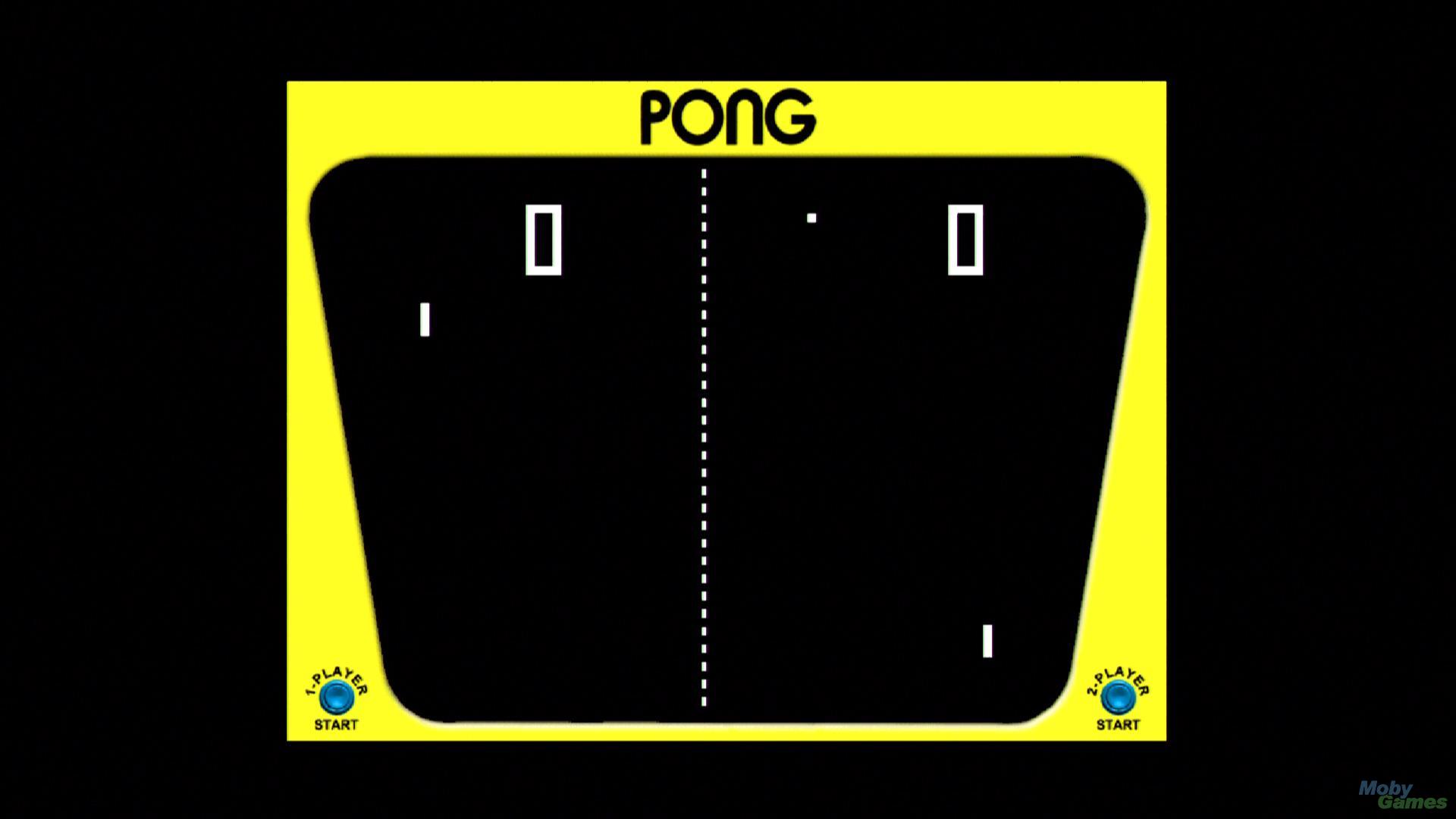
Video game eye movement to diagnose brain disorders
University of Chicago professor Leslie Osborne believes that the classic Atari game “Pong” is ideal for tracking eye movement, therefore helping diagnose Parkinson’s, TBI or autism Osborne’s lab focuses on eye movement behavior, known as smooth pursuit, that allows eyes to track moving targets. At the recent Brain Research Foundation conference, her paper showed that “when motion becomes predictable, gaze…
-
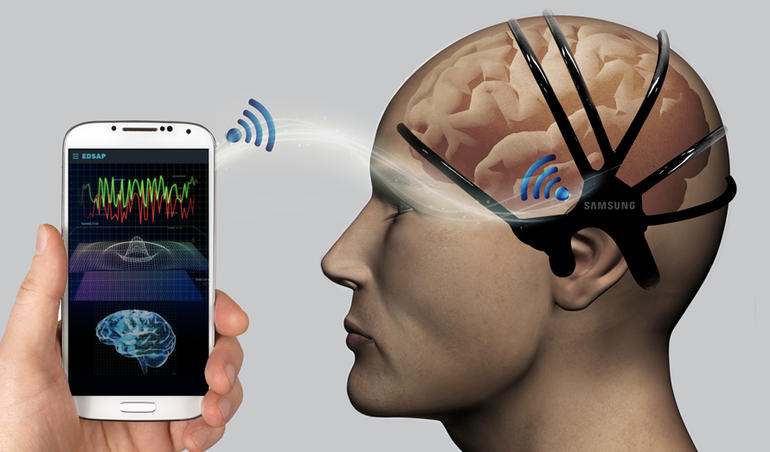
Stroke detecting headset prototype
Samsung’s Early Detection Sensor & Algorithm Package (EDSAP), developed by Se-hoon Lim, is meant to detect early signs of stroke. A multiple sensor headset records electrical impulses in the brain, algorithms determine the likelihood of a stroke in one minute, and results are presented in a mobile app. EDSAP can also analyze stress and sleep patterns, and potentially…
-

Brain imaging technique identifies autism
Virginia Tech Carilion Research Institute professor P. Read Montague has developed a brain imaging technique that may be able to identify autism in children. Current diagnosis is a long an unquantifiable process based on clinical judgment. The study demonstrates that a perspective tracking response can be used to determine whether someone has autism spectrum disorder. It investigates…
-
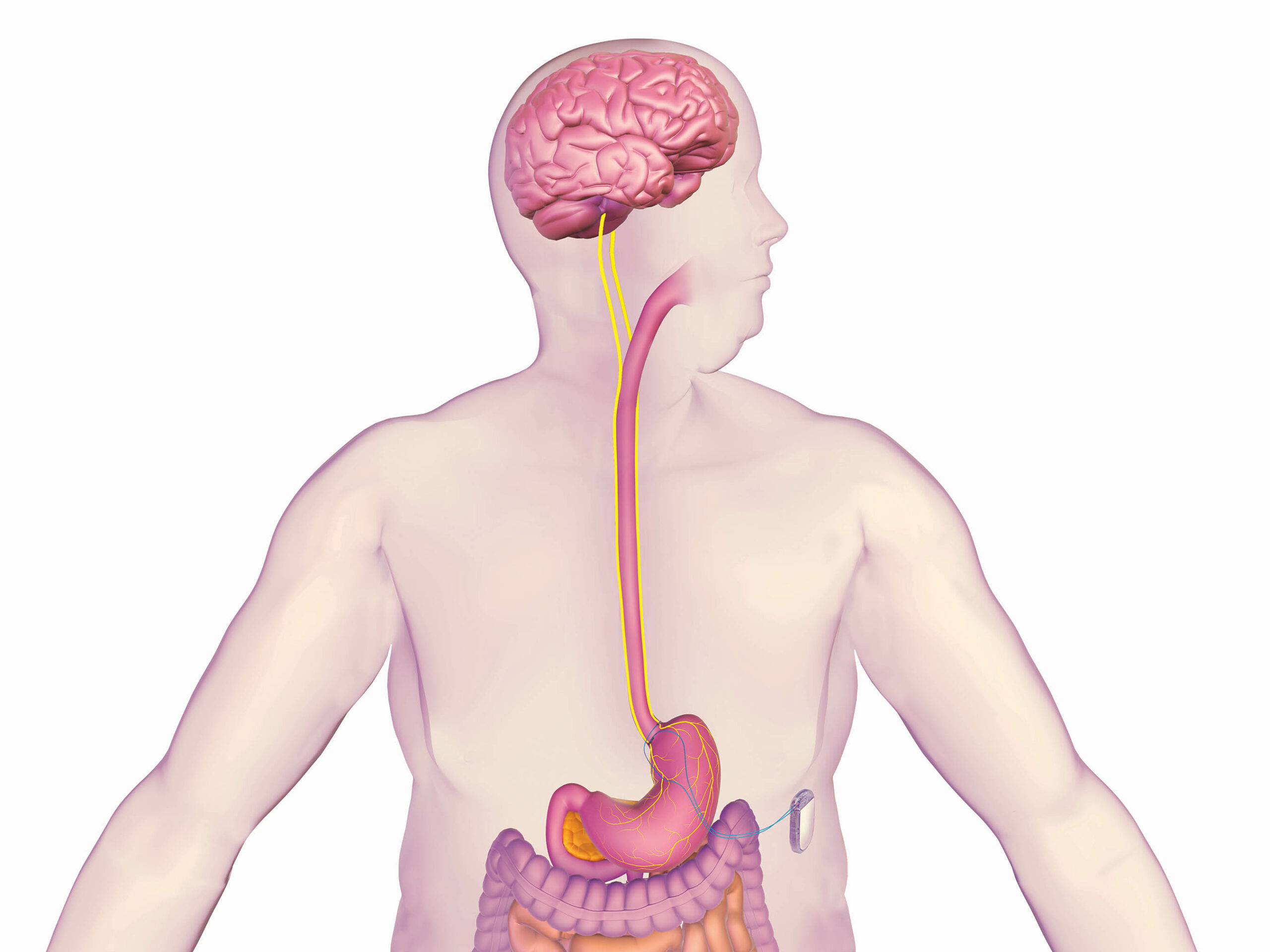
Vagal blocking implant to treat obesity
Maestro by EnteroMedics is an implanted vagus nerve blocking sensor that could suppress appetite to treat obesity. The rechargeable neuroregulator device is implanted into the lateral chest wall with flexible leads placed laparoscopically around the vagus nerve. The vagus nerve is stimulated, sending signals to the brain that the stomach is empty or full. Patients…
-
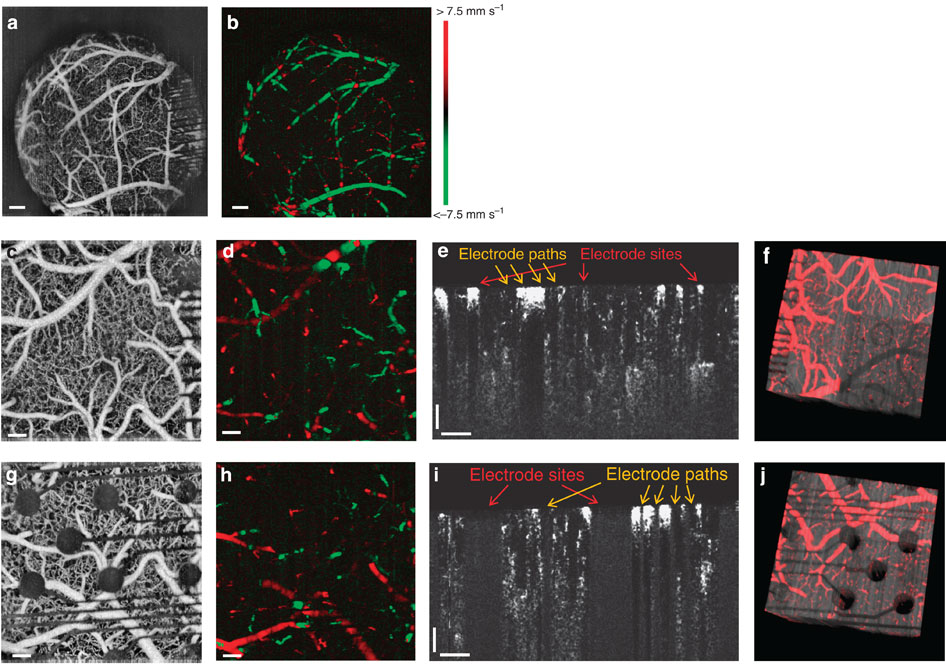
Transparent, implantable sensor improves brain monitoring
On October 23rd, ApplySci described Justin Williams‘s graphene based, transparent sensor brain implant. The Nature paper is now available online. This will redefine neural implants as it will enable better fMRI monitoring of the activity around the implant, while getting detailed activity from the area. Together with noninvasive EEG, this can help fine tune very detailed EEG…
-

App helps diagnose TBI in soldiers; can identify depression, PTSD
The US Army and AnthroTronix have developed an app that provides data to help diagnose and measure brain injuries in soldiers. The “DANA” includes 5, 20, and 45 minute neurocognitive tests and psychological survey questions. The data will help doctors diagnose traumatic brain injury and identify depression, post-traumatic stress, and other neurocognitive issues. The game-like test includes exercises…
-

Glass apps help autistic kids communicate
Brain Power‘s Google Glass apps and hardware help autistic kids develop social and communication skills, and provide feedback to parents. The device’s accelerometer tracks children’s head gestures when they look or don’t look at parents, as well as repetitive movements. “Social engagement module monitors” assess the child’s engagement, specifically if they are looking at a parent’s…